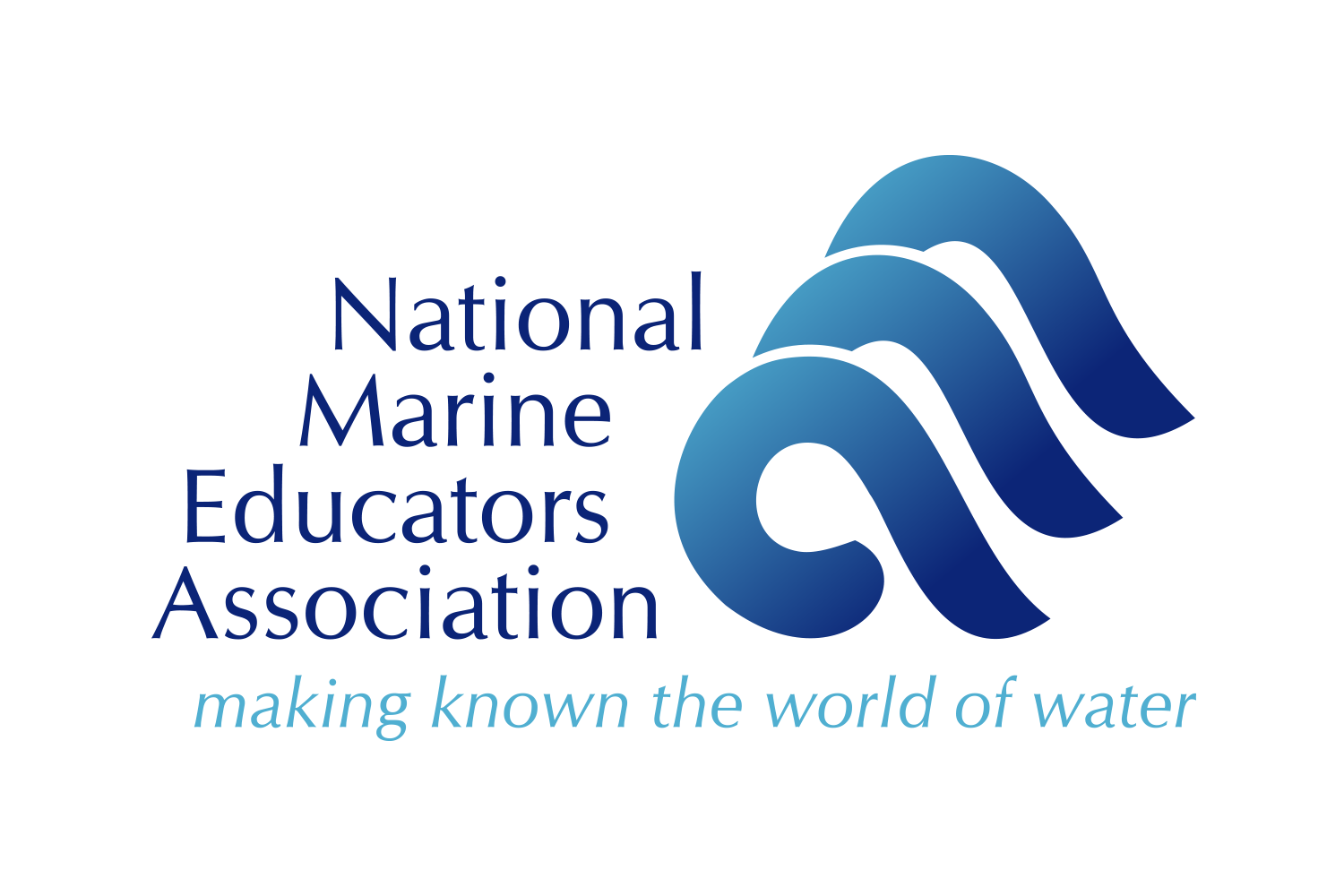Virtual Ocean Literacy Summit—Remarks by Sylvia Spalding
UN Decade of Ocean Science for Sustainable Development
Virtual Ocean Literacy Summit
8 June 2020 9 am – 12:30 am UTC
This was the UN's first Ocean Literacy Summit, and it was intended to be a multi-day face-to-face summit in Portugal in association with the UN Ocean Conference. Unfortunately, that conference was cancelled/postponed due to COVID-19. Interactive discussions, with the more than 1600 participants from 119 countries, centered on how ocean literacy can catalyze advocacy for sound marine policy and public action, mainstream ocean topics into educational systems, foster more responsible citizenry and behavioral changes, encourage ocean aware corporate practices, and stimulate young people to start a career in the ocean affairs. Sylvia Spalding, Communications Officer for the Western Pacific Regional Fishery Management Council, represented both IPMEN and NMEA on a panel with other ocean experts on ocean engagement. Watch Sylvia on the Panel 2 recording and read her remarks below.
Panel 2: Our Ocean engages us…
Presenter: Sylvia Spalding (IPMEN, NMEA)
Thank you, IOC for organizing this Summit and Ocean Wise for hosting it. Today we celebrate Ocean Literacy and explore its role in the United Nations Decade of Ocean Science.
In its 17 years, Ocean Literacy has addressed a variety of ocean education needs and has become a global community.
We have tackled the lack of ocean science in the classroom. The National Marine Educators Association with others defined ocean literacy; developed the essential principles and fundamental concepts that ocean-literate persons should understand; and produced tools to teach ocean science.
We have helped scientists improve their ability to communicate scientific concepts. Developed by the Center for Ocean Science Education Excellence California, these communication courses also provide enhanced learning opportunities to underrepresented populations and science center visitors.
We have promoted the sharing of knowledge and resources by creating marine education groups around the globe. They include the International Pacific Marine Educators Network, the Asia Marine Educators Association, the Canadian Network for Ocean Education, the European Marine Educators Association and the Latin American group RELATO. Dedicated volunteers run these groups with inconsistent outside support.
The full definition of an ocean-literate person has three parts. The person understands the essential principles and fundamental concepts about the ocean; the person can communicate about the ocean in a meaningful way; and the person is able to make informed and responsible decisions regarding the ocean and its resources.
We see the beginnings of responsible decision-making in actions such as sustainability labelling on seafood, beach clean-ups and the ban on single-use plastic and Styrofoam products. But these tend to be actions undertaken by the privileged while the majority of our global community continues to degrade the ocean and place increased demands upon it.
To reach the goal of ocean sustainability worldwide, we need better ways of connecting ocean knowledge to the everyday practices of all citizens.
Indigenous coastal peoples have done this for millennia. From them, we can learn that a long-term, sustainable connection with the ocean is one where ocean knowledge is translated into respect and responsibilities rather than extractive and non-extractive exploitation and use. For example, Native Hawaiian children are taught a code of conduct that includes respecting nature and their place in it, showing regard to seasons, taking only what is needed and sharing their harvest.
Last year, the OceanObs’19 conference concluded with a Coastal Indigenous Peoples’ Declaration. It calls on the ocean observing community to recognize the traditional knowledge of Indigenous peoples, to work with them on ocean observing initiatives and to share responsibility and resources.
The Ocean Literacy community and coastal Indigenous peoples should extend a similar commitment to establish meaningful partnerships in ocean education.
We can also learn from small-scale fishermen who engage in ecosystem-based practices. For example, an oyster fisherman in Japan donates marine life attached to oyster shells to upstream organic farmers. The fisherman says oysters are blessed by the waters flowing from the mountain, so he must take good care of the mountain and the river as well as the sea.
Other pursuits that will help Ocean Literacy in the upcoming Decade include a systemic change to ensure that ocean science has a consistent place within educational systems. Taiwan has proven that this can be done. Inclusion of Traditional Knowledge should also be a part of this.
Governments and foundations can assist Ocean Literacy by providing funds to support existing and emerging marine education groups and to develop ocean learning tools and opportunities for consumers and producers.
In short, Ocean Literacy can play a role in teaching “the ocean's influence on you and your influence on the ocean” to all levels of society. But we must also teach proven ways of relating to the ocean with respect and responsibility. Our everyday practices, and not our knowledge alone, can sustain us and the ocean on which we depend.
In addition to the Panel 2 video (above), the following videos are also available. All recordings of the summit can also be found on the Gallery Page of the Ocean Literacy Summit.

